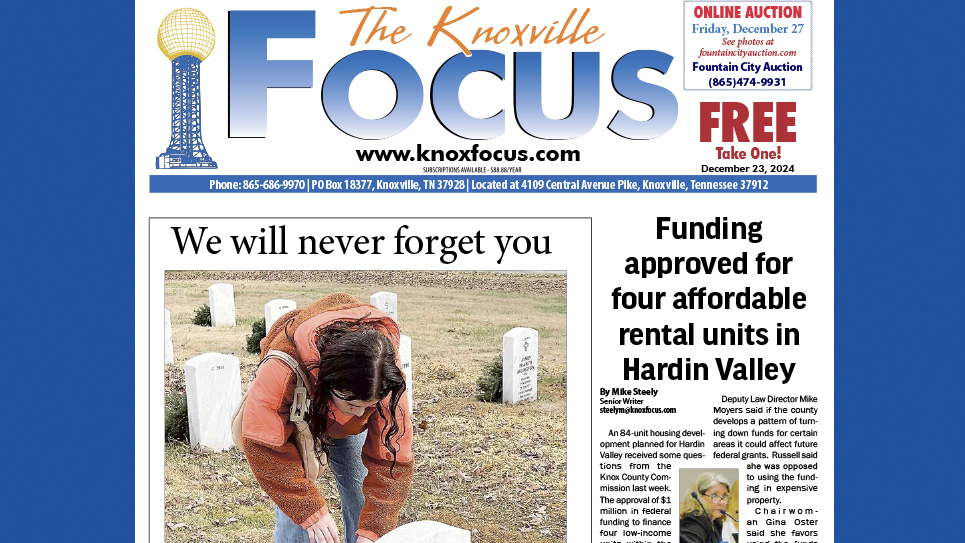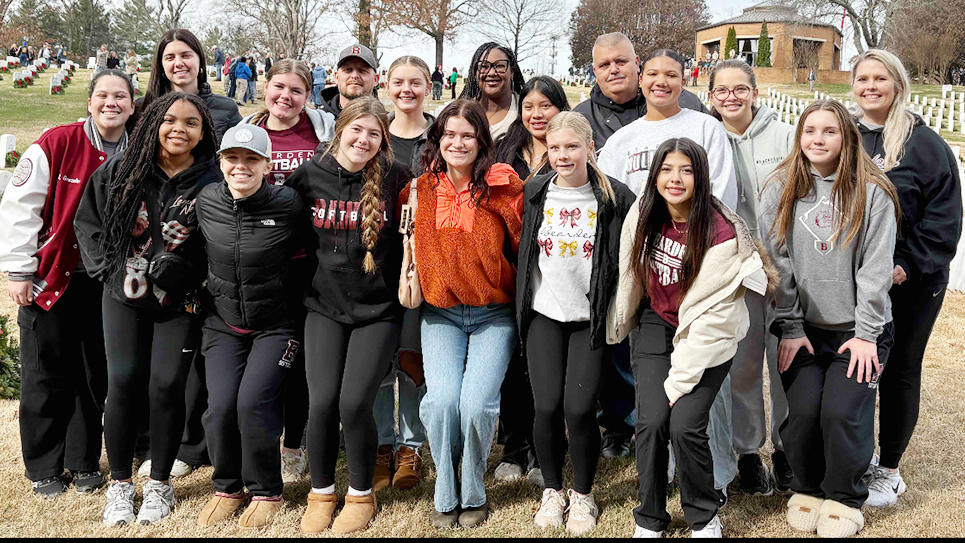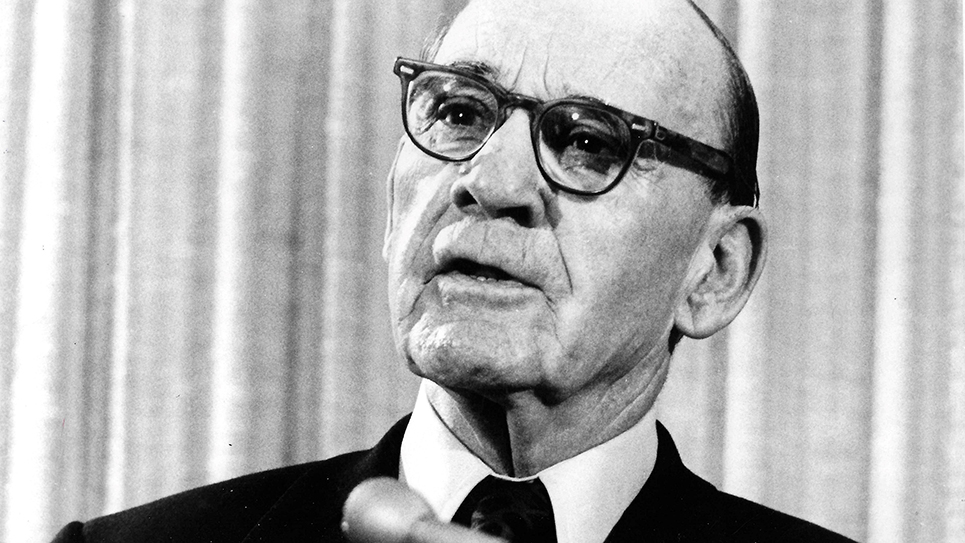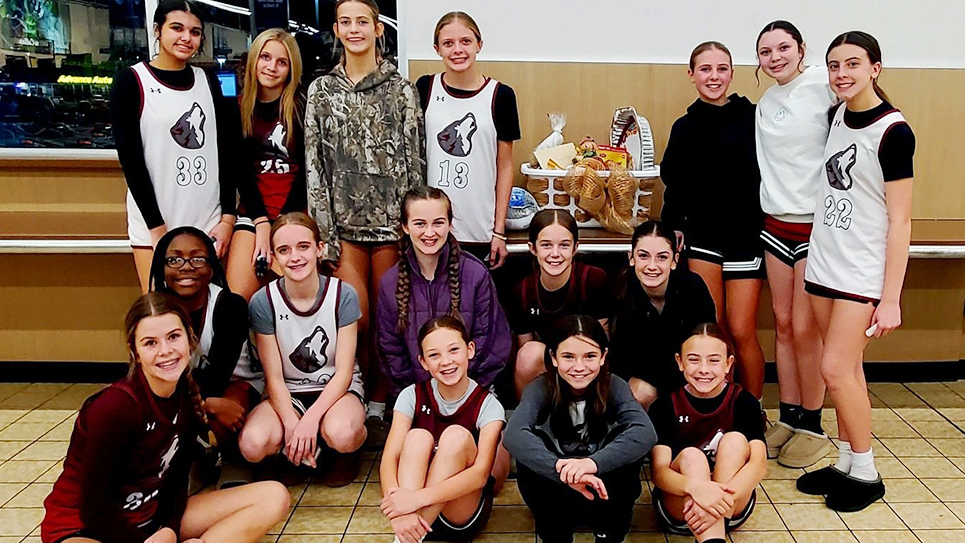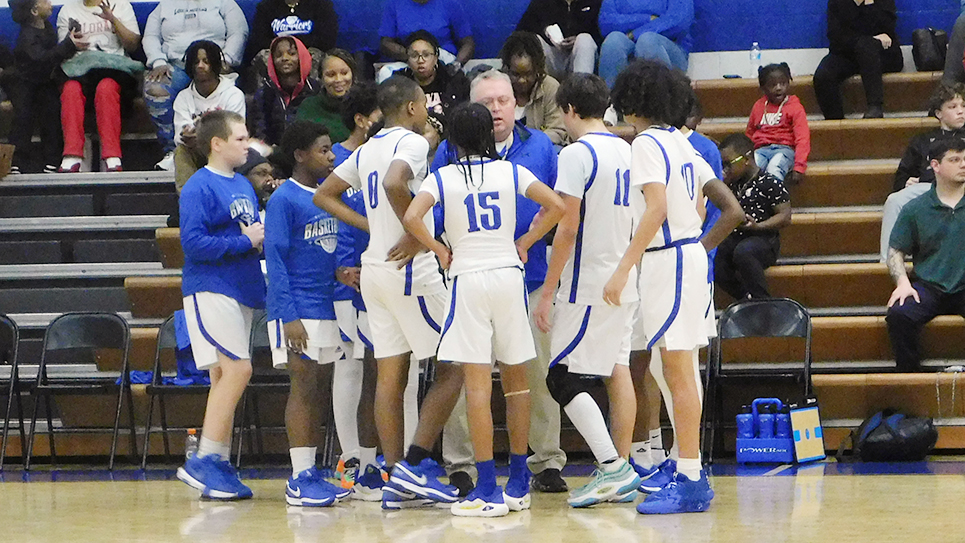‘We’re out telling what Tennessee is really about’
By Tom Mattingly
In early 1993, I took a two-day trip to Chattanooga with Phillip Fulmer, fresh off a Hall of Fame Bowl victory over Boston College. There were appearances slated between noon Thursday and early Friday morning. Never mind that it was snowing and weather conditions weren’t favorable.
“I made a commitment to go, and I’m going,” he said. “They’re counting on me.”
The departure came at 9:30 a.m., and the trip took about two hours, hindered only by a jackknifed truck at Sweetwater and a quick stop at a rest area, where Phillip deftly replaced a crown that had come loose.
The first stop was the Chattanooga Country Club, where the Chattanooga Manufacturers Association was presenting its first annual “Team Building, Leadership, and Coaching Clinic.”
Ray Childers, a 1960 Vol manager, was our host. “Until today, my fondest recollection of Tennessee football was in 1958 when my job was to drive Gen. Neyland back and forth from Hudson Field,” he said.
“Today, I’ve surpassed that. I’m getting to introduce Phil Fulmer.”
Fulmer wonders if he’s ready to be compared with Neyland and centers his talk on teamwork, something “important to me every day of my life.”
He told the group about “making yourself part of the organization and making the organization part of you.” He also discussed the meaning of one of his favorite phrases, “We makes me stronger. That’s something we try to get across to our players.”
His question-and-answer session lasts longer than his remarks, and, after that, it’s off to radio station WGOW and an interview session with radio personalities Jerre and Gary Haskew, the former known as the “Music Man” and the latter as “Dr. Basketball, the clairvoyant godfather of sports, the greatest of all time.”
The taped interview appeared to be going smoothly, with John Ward’s call of the fourth-down pass from Heath Shuler to Ronald Davis in the 1992 Georgia game as the lead-in. Jerre was hot and heavy into his opening spiel when the engineer tapped on the window and indicated a malfunction with the tape machine.
He fixed the problem, and it was onward and upward. As Jerre began to introduce Fulmer, “Dr. Basketball” was heard in the background, saying, “Chill bumps. I’ve got chill bumps.”
“Why is this guy successful?” Jerre asked. “I’ll use the word commitment. The guy makes a commitment to come down here to speak to a variety of groups. This is just a small part of what he’s doing.”
With the interview over, we were off to the Comfort Hotel for a Big Orange Club meeting, at which Fulmer made brief remarks and fielded questions from the 150 or so in attendance.
Signs on the wall proclaimed his appearance: “Phil Fulmer: A New Tennessee Tradition” and “Tennessee: FULL-mer Speed Ahead.”
“It may be off-season,” he said, “but that doesn’t mean anyone is off. The coaches are working extremely hard preparing for spring practice. We’re out telling what Tennessee is really about.”
Later that evening, we were with the Association of General Contractors. Phillip mentioned Shuler, referring to him not as a “diamond in the rough,” but as a “diamond,” someone to build an offense around. When someone asked if Georgia or Florida might be the first critical game of the season, Fulmer did not hesitate. The answer?: “Louisiana Tech.”
Early the next morning, it was off to the “Breakfast of Champions” at Orange Grove Center. Fulmer was the keynote speaker for the event, introduced by Roy Exum as “the next coach of the national champions.” Phillip’s remarks were low-key, but appropriate.
“We are all special people as you look at it,” he said. “One of the things I try to get across to our players is one of the reasons we are all special is because we are all different. This group should certainly understand and realize that. We have to maintain our uniqueness.
“I make the point that when you make other people better, it’s like a boomerang. It comes back to you, and it’s going to pay dividends.”
When he finished, the line waiting for autographs stretched down the hall and around the corner. Children continued to flock to his side.
The trip home was uneventful, except for a wrong turn and a brief detour until we ran into Highway 153 near the airport, then onto I-75 and the trip home.
There was one thing for certain, based on the events of the past 24 hours or so. Despite the hoopla of being head coach of the Tennessee Volunteers, Phillip still had a lot of Franklin County and Winchester in him.
That’s the way things looked on a snowy couple of days in the winter of 1993.

